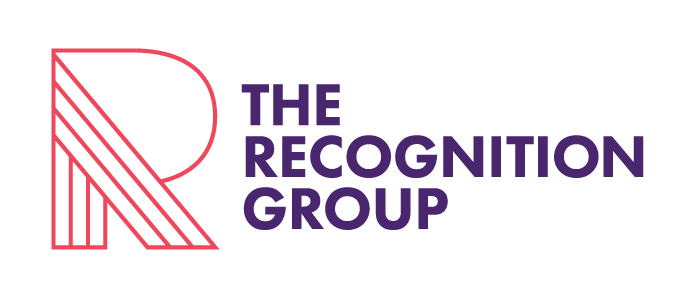Four reasons your executives need a media training refresher
Positive media coverage is essential for businesses, whether you’re looking to grow sales, build brand awareness, or overcome negative perceptions in the marketplace. Getting positive media coverage takes more than just a well-placed media release. You need spokespeople who are savvy, confident, and possess a deep understanding of how the media works and how to make the most of any journalist interaction. This kind of experience isn’t developed overnight. It requires professional training and development.
Properly trained spokespeople can successfully predict the questions journalists will ask, answer them confidently while avoiding common traps, and succinctly deliver approved campaign key messages. While this may sound easy, especially for experienced sales people and executives used to meeting with customers and prospects, a media interview is a unique type of interaction governed by precise yet unwritten rules.
Untrained spokespeople often slip up, finding themselves unable to pivot the conversation towards their key messages or giving away confidential information. This can be detrimental to the brand’s profile and even, in severe cases, career-limiting for spokespeople.
Media training can help spokespeople minimise this risk and turn every media interaction into a positive one for the business and for their own profile.
It’s important to remember that media training isn’t a one-and-done proposition. Becoming a strong spokesperson takes consistent practice and a concentrated effort. Just as an athlete must spend many hours in the gym or on the training field, a spokesperson must also continually train to achieve peak performance.
Here are four reasons your spokespeople may need a media training refresher:
1. It has been some time since they’ve been in the media
What may have seemed effortless can become a little rusty if it’s been awhile since a spokesperson has flexed their interview muscles. A refresher course will help iron out any issues, reduce nerves, and reinforce the essentials of engaging with media and communicating effectively. A refresher will help steer media interviews in the right direction and boost confidence. And, if an unexpected crisis emerges, your spokesperson will be ready to address it confidently.
2. Your business’ key messages have changed
When business objectives change, so do key messages. It is crucial to know how to weave new messaging into the narrative of your business story. And, because key messages can be complex, it’s essential to practice delivering them in a natural and contextual way.
3. The media has evolved and new formats are the standard
Different types of media require a different approach from spokespeople. There is a huge chasm between the skills needed for one-on-one interviews destined for written content versus those needed to excel on a panel show, video, or podcast. Knowing how to manage these formats can help provide a sense of authority and help the spokesperson fit naturally in the segment.
4. The fast news cycle requires experts to be ready
Online news and social media means the news cycle is faster than ever. This makes it important to be ready within minutes to fulfil an opportunity and do so with up-to-date knowledge of what’s breaking and what needs to be said. Stories are constantly developing; remaining relevant depends on your spokesperson’s ability to respond quickly and with compelling content delivered strongly.
The Recognition Group has successfully trained media spokespeople for more than three decades. We know what it takes to help your spokespeople reach peak performance.
Our media training beginner and refresher courses are available in person (where possible) or remotely via Zoom. They’re tailored for your business and your spokespeople, and incorporate both theoretical and practical elements to make sure your spokespeople get plenty of practice.
Get in touch today to find out more.
